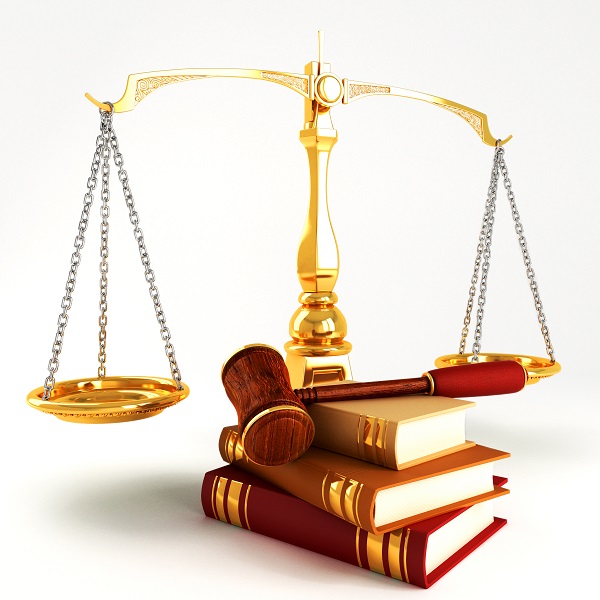
One of the tools that litigants can use to dismiss a dispute in its entirety before trial or to set aside certain issues from litigation is a motion for summary judgment. A motion for summary judgement is made when one party believes that there are no material facts in dispute. The questions of law, as opposed to the facts, are generally determined by the judge. A court that grants a motion for summary judgment has essentially determined that the cause of action can be decided based on the facts that are already settled without the need to proceed to a trial.
The motion for summary judgment is made by one of the litigants in the case. The party requesting the motion must demonstrate that: (i) there are no material facts that can be disputed or that any reasonable person presented with the facts of the case would rule in favor of the moving party and (ii) the moving party is entitled to judgment as a matter of law. To accomplish this, the party requesting summary judgement must serve and file an affidavit and a written argument. Evidence from affidavits, including cross examination based on the affidavits, excerpts from depositions, and other evidence from discovery are presented to the judge for consideration in evaluating the motion. After the moving party has made its claim, the burden of proof shifts to the opposing party to demonstrate that his claim can prevail at trial. The responding party cannot simply reassert his positions; he must set forth evidence and arguments that substantiate the existence of a genuine issue of fact.
In deliberating on a motion for summary judgment, the judge cannot engage in tasks that are reserved for juries or trial by judges, such as assessing the evidence. The role of the judge is simply to determine whether a trial is necessary. The presiding judge must allow the matter to proceed to trial if there is any legitimate question, regardless of the strength of that issue, with respect to the facts of the dispute. Summary judgment is designed to avoid or expedite litigation. However, it is a powerful procedure that should be judiciously employed in order to avoid depriving any party of the right to adjudicate his dispute.
Contact Shane Coons at 949-333-0900 or visit his website at www.ShaneCoonsLaw.com to find out more about his practice.
